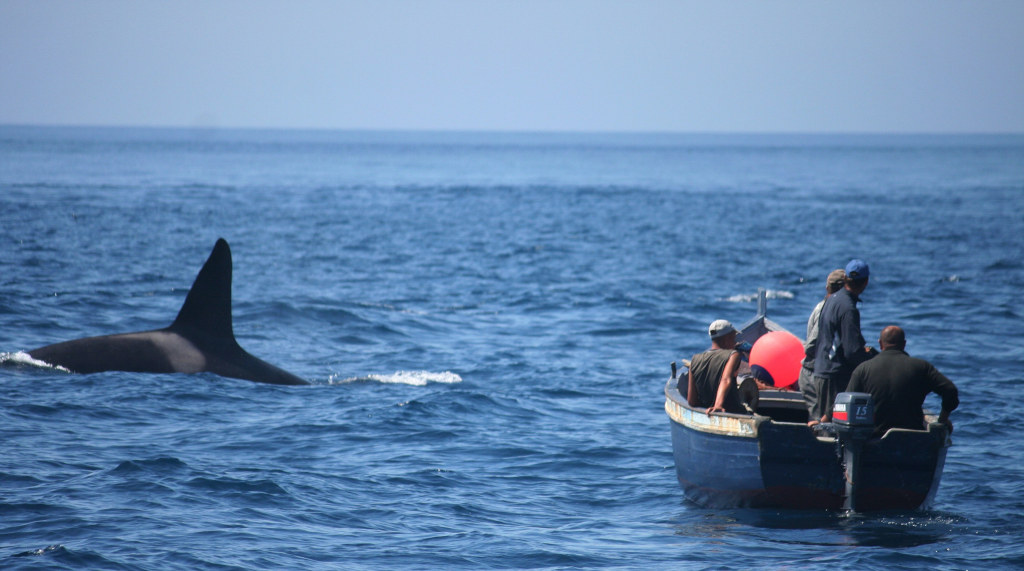The study, led by CIRCE (Conservation, Information and Study of Cetaceans), “is a unique opportunity to learn more about Iberian orcas and improve their conservation,” said the director of the Foundation, Javier Almunia.
Loro Parque Foundation is collaborating in a new research campaign on orcas in the Strait of Gibraltar, with the aim of protecting these emblematic cetaceans and reducing unwanted encounters with boats. This initiative is being carried out in collaboration with the Ministry for Ecological Transition and Demographic Challenge, the company Sea Observer, and other scientific partners.
Dr. Javier Almunia, director of Loro Parque Fundación, emphasizes the importance of this work: “The Foundation has been collaborating in the research of these orcas for 20 years. On this occasion, we have provided a non-invasive tag equipped with a video camera to better study the behavior of the orcas. It is a unique opportunity to observe their behavior directly and rigorously.”
“On this occasion, we are going to travel to Tarifa with a recording system to try to record the vocalizations of Iberian orcas, which until now has only been possible on a few occasions. This new campaign represents an opportunity to apply all the knowledge in acoustics developed with researchers from the University of La Laguna at Loro Parque to the sea,” said Almunia.
During 2023, several specimens were tagged with GPS devices to track their movements accurately. This information made it possible to design safer shipping routes and reduce the likelihood of incidents between orcas and boats. “Effective conservation requires in-depth knowledge,” said Almunia, who stressed that this type of research is essential to protect both orcas, classified as a vulnerable species, and sailors.
At the same time, Loro Parque Fundación is collaborating with CIRCE and the University of Cádiz to develop innovative technical solutions, such as anti-break rudder systems, to reduce these cetaceans’ interest in boats. These actions are complemented by proposals to establish shipping lanes that respect the areas where orcas are usually found.


